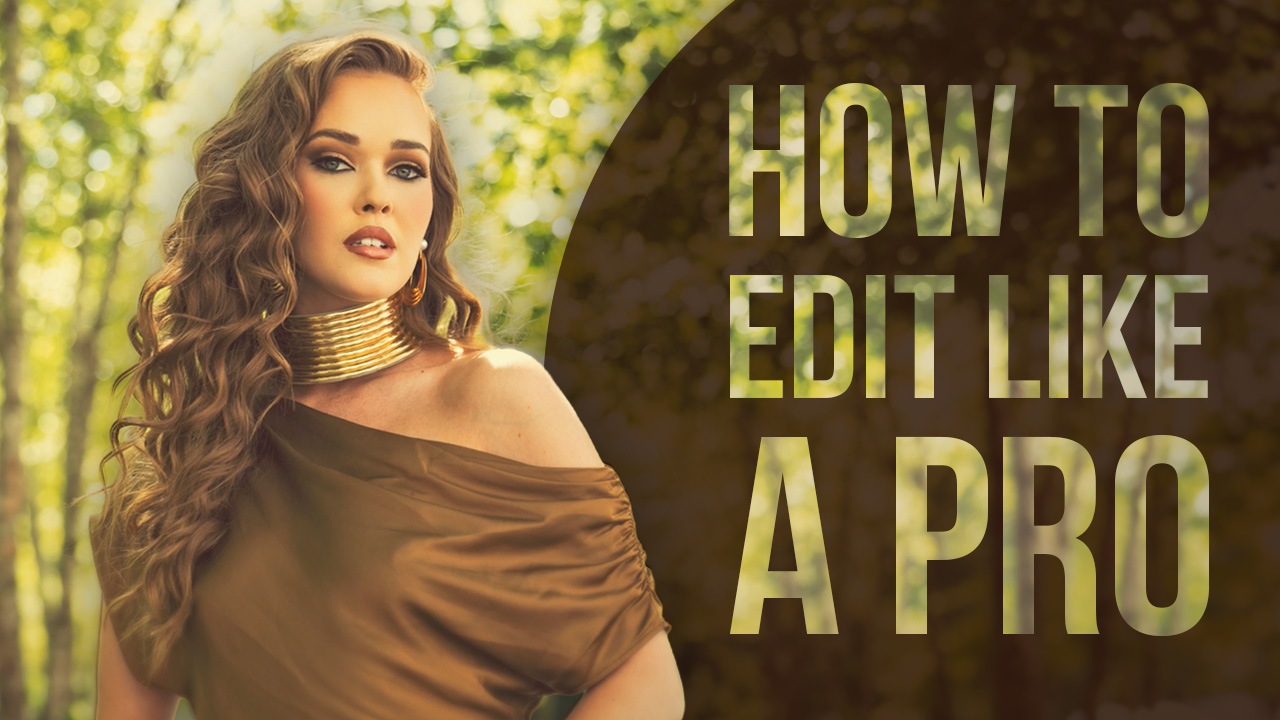How Macro Photography Can Help Your Mental Health with Heather Larkin
As a portrait photographer, my photo sessions can often be somewhat stressful, especially since I work with kids a lot. I have long been in the habit of taking some time off to go explore the local botanical gardens and as a photography nerd, I always take my camera with me. Over time, I started not only paying attention to what was easy to see, but looking for things that aren’t always easy to see. It became a sort of hunt or game for me to see how many species of flowers or bugs I could see in a typical morning.
During the pandemic, macro photography became sort of a sanctuary for me. When we were all stuck in our houses, I could go outside and still feel a little bit normal. I found that especially in the later months it helped my mental stability quite a lot. When I was feeling hopeless or anxious or generally upset with the world, I would go do macro photography in my garden or at the local botanical gardens and come back in a much better mood. Why is that, and how can we use it to our advantage?
Getting Outside
We as humans don’t do well when cooped up in the same place for too long. We are not meant to exist in places without trees and plants and dirt. Extensive research has clearly shown the requirement for being outside in the sun. Not only do our bodies need actual sunlight to work properly, but our minds need green as well.
Scientists have proven that getting outside can be a great mood booster. Gardening releases serotonin because our brains respond to a certain smell in the soil. It’s all interconnected, and humans need the outside to function well. We get anxious and depressed without it.
Going outside for a couple of hours and just wandering around and looking at the plants can help break the cycle of anxiety or depression. I call it “breathing the green.” Getting outside and breathing the green is one of the shortest, fastest ways that I can reliably feel better if I notice that I’m being too hard on myself or worrying too much about things that don’t actually matter for real life.
Slow Down
Humans live in a fast-paced world. We expect instant gratification, and in general we become irritable or anxious when we don’t receive something immediately. Macro photography is something that you can’t do at velocity. You must slow down and take your time, or you won’t see anything. You’ll just get more and more frustrated and angry. When I teach macro classes, this is the most important thing and I repeat it often. You absolutely MUST go slow. Macro is the art of making the little bigger, and in order to see the little things out there to be seen, you have to take your time.
Alone Time & Self Care
If you’re an introvert like me, being alone is a crucial form of self-care. Going out to wander the gardens and look at lizards for a few hours definitely works on recharging those social batteries.
Even if you’re not an introvert, being alone is a great way to avoid your thoughts (or avoid your overthinking). Because you have to slow down and focus on looking for things, you can’t be thinking about what you’re going to do for dinner or who you need to email. You have to be present in the moment or you’ll walk right on by pretty much everything.






